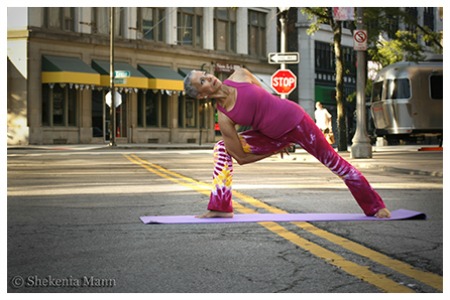
“Do me wrong, do me right…But don’t let me be lonely tonight.” – James Taylor
To fill the void or feel the void, that is the question. If you are like most people, my guess is that at one time or another you have tried to avoid feeling the heaviness in your heart, the sinking feeling in your stomach, and the empty feeling that accompanies loneliness. You’ve probably also discovered that it doesn’t work. Even though it can be an unpleasant feeling, loneliness actually serves a useful purpose. It tells you that you’re out of balance. If you learn to embrace your loneliness and feel the void instead of trying to fill the void you can discover what you need to do about it.
No one feels connected all the time. A child struggling to make friends at school, a man recently widowed, a homesick college student away from family for the first time, a soldier beginning her military career after being deployed to a foreign country, or someone recently divorced: Each might feel lonely despite being surrounded by other people.
But we do not have to suffer. We have choices. We can decide to take good care of ourselves when loneliness strikes. We can talk things out with someone, write, walk, or just sit quietly in our own good company. We can realize that although it hurts, we are probably not the only ones who feel lonely. We can realize that it is possible, through self-study and self-reflection, to discover what causes loneliness, when and how it happens, and what we can do to change it.
Loneliness, like hunger, needs to be properly fed. Some of us are emotional anorexics, unable to take in the love that surrounds us. We are literally starved for affection. We remain lonely.
Others are emotional bulimics. When we become emotionally overloaded we purge by throwing temper tantrums or dumping our unpleasant feelings on others, driving them away and depleting ourselves of the vital emotional nutrient of companionship. We remain lonely.
Those of us who are emotionally obese indulge our emotional cravings excessively. To avoid the pain and frustration of emotional emptiness, we give in to our impulses. Instead of taking care of ourselves, like children we rely on food, alcohol, drugs, shopping sprees, or other people to fill our void. We don’t grow up. We remain lonely.
As we mature, we become able to fill our loneliness with a healthy diet of self-love. Like water, you cannot get too much of it. To find balance, we need the emotional protein of self-love to build emotional muscle and to aid emotional growth; we need the emotional fiber of self-love to cleanse our system of emotional toxins. We need generous helpings of the emotional fruits and vegetables of self-love to strengthen our emotional immune systems every day.
When we practice loving ourselves, with kindness, laughter, smiles, warmth, hugs, kisses, pats on the back, encouragement, music, dance, introspection, quiet time, private time, good friends, we will notice that our plates are usually full. On those rare occasions that they do become empty, once we feel the void, we can go to the pantry of our inner selves and find exactly what we need to fill the void.
When you feel lonely, here are some things you can do.
- Accept loneliness as a normal human experience that no one likes, and recognize the situation as a sign that something needs to change.
- Be still. Take time to reflect on why you are lonely and what you can do about it.
- Share your loneliness with someone. Don’t keep it to yourself.
- Get involved in an activity that you can enjoy and that leads you to be with people. Join a book club, a biking club, or begin to practice yoga in a neighborhood studio.
- Reach out to help others in need.
- Enjoy your own company.
Namaste.


